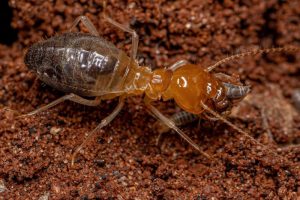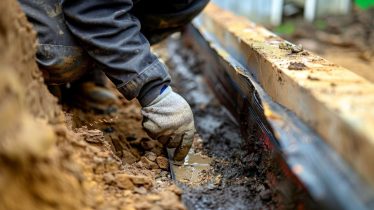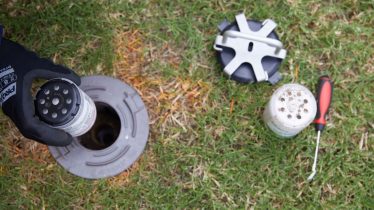I Think I’ve Seen Termites?
I Think I’ve Seen Termites?
There are many situations when you are either in your home or outside and something feels off, you see things moving and you believe they are termites. But how do you know those are termites or not? It can be very challenging to figure that out, and that’s exactly the thing you need to take into consideration!
How do you know you are dealing with termites?
 When it comes to size, termites have a small, maybe medium sized. Their body length is anywhere from a quarter to half an inch. So they aren’t very large, but some of them can be quite large. You also need to think about coloring too. For the most part, termites will range in color. Some of them are white, others are light brown.
When it comes to size, termites have a small, maybe medium sized. Their body length is anywhere from a quarter to half an inch. So they aren’t very large, but some of them can be quite large. You also need to think about coloring too. For the most part, termites will range in color. Some of them are white, others are light brown.
The color of termites will change based on their life stage and also termite type as well. With that in mind, if you see termites that are lighter in color, then that usually means you are dealing with worker termites.
The body of a termite is also important to keep in mind. For the most part, termites can have an elongated, pale and soft body. They also have the head, abdomen and thorax. With that being said, termites also have antennae, and sometimes these are as long as their own head. A termite also has maxillae too, also on its head. Some termites also have wings, these are found only on the termites that are reproductive.
Differentiating termites from ants
When you see termites, it can be quite normal to think they are ants. So what’s the difference? Winged termites have wings with an equal length, a straight waist and straight antennae. By comparison, ants have a pinched waist, but also bent antennae and different sizes for their wings. On top of that, the male ant will die after he mates with the female. That’s not happening in the case of termites , which is very important to keep in mind here.
As you can see, there are different types of termites and they are quite different to ants as well. A lot of people mistake termites for ants, that’s common, but you do need to ensure that you make the differentiation early on. That’s what will help you figure out if you do have a termite infestation and how you can tackle it properly.


